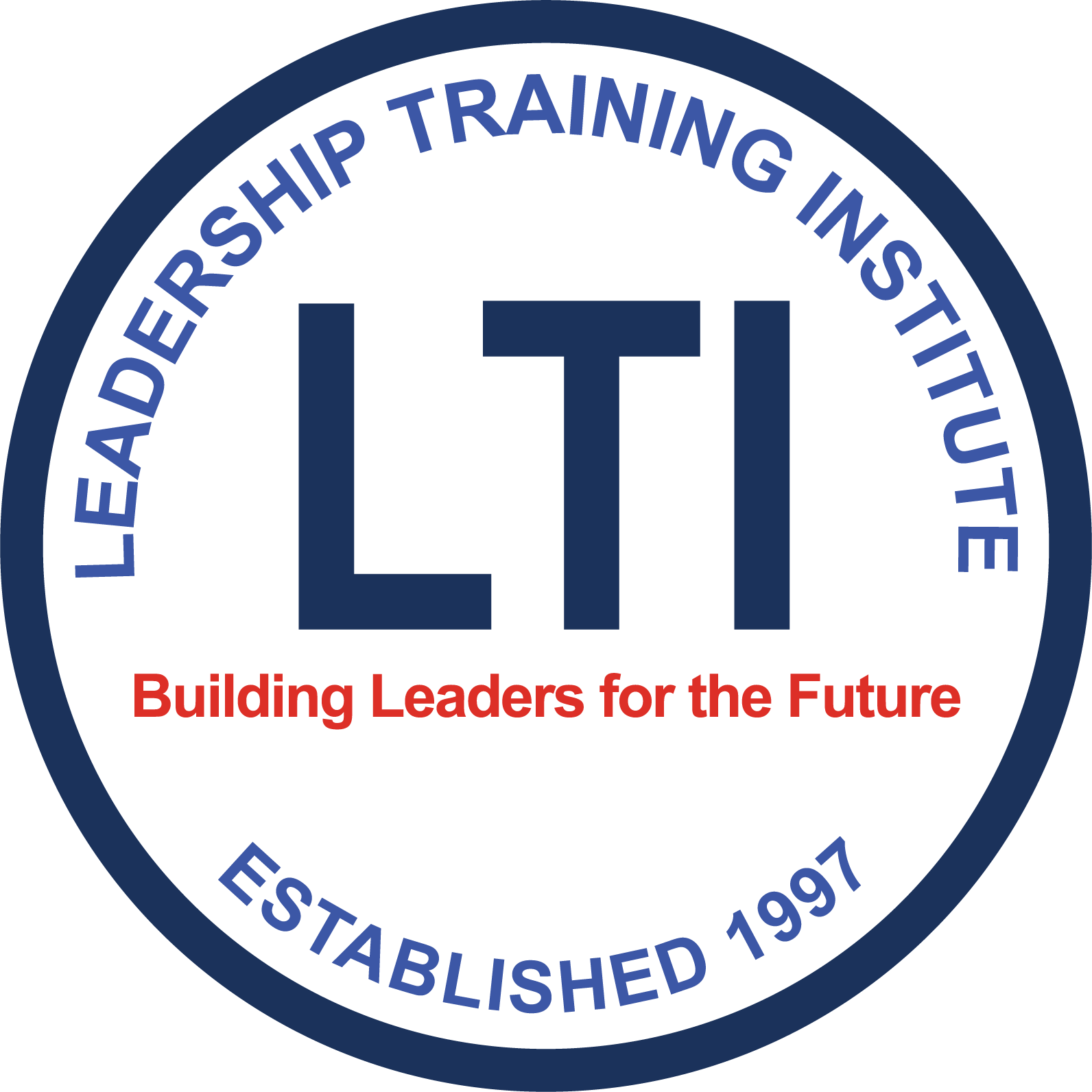Course Descriptions
Health & Wellness Self-Management Skills Training (virtual only)

This 3-day training will cover relevant health information for our five tracks, HIV, Hep C, Harm Reduction, PrEP and our newest addition, Criminal Justice.
Goal
One of the principal goals of the Leadership Training Institute (LTI) is to build capacity, strength and support for community leaders, with shared lived experiences, in HIV, HCV, Harm Reduction and PrEP, to assist in their responses to the disparities in these areas of healthcare.
The LTI provides these courses 3 times per contract year to Peers who are either Certified Peer Workers and/or are seeking Peer certification.
This training is also provided to people who are non-physician health and human service providers, who work with people who are living with, or are at risk for, HIV, HCV, STIs; the LGBTQIA+/GNC community, as well as people who are practicing Harm Reduction for a substance use disorder.
This training can also include Social Workers, Nurses, Care Coordinators, Case Managers, Certified Peer Workers, people working in Behavior Health, PrEP educators, or supervisors of Peer workers.
This training is also for Peers who are interested in taking the Intro to Peer Work, (1 day) which is designed to help you decide if you want to pursue peer certification, and if so, take the follow-up course, Inventory of the Peer Worker (2 days).
There are 12 hours of CEU credits for anyone taking this course except for non-certified Peer Workers, who are pursuing certification, which means there are no credits for this course until you complete certification.
Learning Objectives
Participants will be able to:
- Define the 8 dimensions of wellness.
- Address viral suppression and its importance to ETE.
- Define what “self-care” means to you.
- Deliver health information about Hep C testing and treatment to assist others in accessing these services.
- Discuss and process reasons PrEP is not being accessed and/or used by all populations at similar or equal rates.
- Define how harm reduction can be used to lessen the negative social and/or physical consequences associated with various human behaviors, like SUD.
- Identify how Peer Mentoring can be an asset in accomplishing goals.
Leadership Skills Development Training - Part 1 (virtual only)

This 3-day training will cover relevant health information for our five tracks, HIV, Hep C, Harm Reduction, PrEP and our newest addition, Criminal Justice.
Goal
One of the principal goals of the Leadership Training Institute (LTI) is to build capacity, strength and support for community leaders, with shared lived experiences, in HIV, HCV, Harm Reduction and PrEP, to assist in their responses to the disparities in these areas of healthcare.
The LTI provides these courses 3 times per contract year to Peers who are either Certified Peer Workers and/or are seeking Peer certification.
This training is also provided to people who are non-physician health and human service providers, who work with people who are living with, or are at risk for, HIV, HCV, STIs; the LGBTQIA+/GNC community, as well as people who are practicing Harm Reduction for a substance use disorder.
This training can also include Social Workers, Nurses, Care Coordinators, Case Managers, Certified Peer Workers, people working in Behavior Health, PrEP educators, or supervisors of Peer workers.
This training is also for Peers who are interested in taking the Intro to Peer Work, (1 day) which is designed to help you decide if you want to pursue peer certification, and if so, take the follow-up course, Inventory of the Peer Worker (2 days).
There are 12 hours of CEU credits for anyone taking this course except for non-certified Peer Workers, who are pursuing certification, which means there are no credits for this course until you complete certification.
Learning Objectives
Participants will be able to:
- Define the 8 dimensions of wellness.
- Address viral suppression and its importance to ETE.
- Define what “self-care” means to you.
- Deliver health information about Hep C testing and treatment to assist others in accessing these services.
- Discuss and process reasons PrEP is not being accessed and/or used by all populations at similar or equal rates.
- Define how harm reduction can be used to lessen the negative social and/or physical consequences associated with various human behaviors, like SUD.
- Identify how Peer Mentoring can be an asset in accomplishing goals.
Leadership Skills Development Training - Part 2 (virtual only)

This 2-day training is integral in developing leadership skills for people with shared lived- experience in HIV, Hep C, Harm Reduction, PrEP and our newest addition, Criminal Justice.
In this training program, we will continue to develop skills in applying Situational Leadership and emotional intelligence. Research has shown that leaders with high “EQ”, can understand their own emotions and how it affects their performance. Good leaders must be able to influence others and learning to control emotions allows us to understand and assist others in managing theirs as well.
The LTI provides these courses 3 times per contract year to Peers who are either Certified Peer Workers and/or are seeking Peer certification.
This training is also provided to people who are non-physician health and human service providers, who work with people who are living with, or are at risk for, HIV, HCV, STIs, the LGBTQIA+/GNC community, as well as people who are practicing harm reduction for a substance use disorder or returning to the community after incarceration.
This training can also include Social Workers, Nurses, Care Coordinators, Case Managers, Certified Peer Workers, people working in Behavior Health, PrEP educators, or supervisors of Peer workers.
This training is also for Peers who are interested in taking the Intro to Peer Work, (1 day) which is designed to help you decide if you want to pursue peer certification, and if so, take the follow-up course Inventory to Peer Work (2 days).
There are 6 hours of CEU credits for anyone taking this course with the exception of non-certified Peer Workers, who are pursuing certification, which means there are no credits for this course until you complete certification.
This course does not require taking Leadership Development Part 1. Both courses can stand alone depending on what your needs are in leadership development. (See Part 1 for description).
Objectives
Participants will be able to:
- Recognize your own preferred style of leadership.
- Explain the 4 styles of situational leadership – telling, selling, participating, and delegating.
- Adapt your preferred leadership style to match the needs of others.
- Discover your bases of power when working with people
- Apply emotional intelligence appropriately.
This program is an essential component of the work the AIDS Institute has tasked LTI to produce. Our goal is to ensure that there are leaders, peer mentors and ambassadors in every region of New York State.
Leadership Development Skills Training: Part 1 (hybrid)

If history has taught us anything in the LTI, it is the need for skilled and well-informed peers to serve as “leaders” in our communities.
Research has shown that peers have a unique and vital role to play in advocating for programs and services. Our goal is to increase the “leadership skills” of individuals with shared-lived experience of HIV, HCV (current or cured), drug use health and/or taking PrEP for prevention. We support the premise that leaders must be able to influence others. By increasing our levels of skill in these areas and enhancing our emotional intelligence, we are preparing our community with leadership designed for now and in the future.
In this course we will offer participants the ability to:
- Define leadership, in general, then as it applies to themselves
- Name at least 3 roles of leadership essential to peer work
- List important characteristics of effective leaders or leadership
- Create a vision and mission statement and define the difference between the two
- Plan for continuing pursuit of leadership beyond peer work
Intended Audience
Any peer worker whether certified or not who just wants to learn and develop leadership skills building from the ground up. The community wants leaders who are realistic, relatable, and relevant.
Developing Partnerships with Peer Workers Using the Spirit of Motivational Interviewing

This new and exciting 1-day training is integral in developing leadership skills for people with shared lived experience in HIV, Hep C, Harm Reduction, PrEP, and our newest addition, Criminal Justice.
MI involves not only particular skills, but also an underlying attitude, a particular state of mind and heart with which you engage in a helping relationship.In this two-day training, we will dive deep into the Spirit of Motivational Interviewing: Partnership, Acceptance, Compassion & Empowerment (PACE).
Peers will have opportunities to begin learning how to operationalize the spirit of MI by learning the 4 Tasks of MI:
- Engaging – Can we walk together?
- Focusing – Where are we going?
- Evoking – Why would you go there?
- Planning – How will you get there?
Peers will also learn how Motivational Interviewing can be used along with the Transtheoretical Model of Behavior Change, to make certain they are using the correct skills for the stage of change exhibited by the client and not falling into traps like Expert, Persuasion. Time & Wandering.
MI is not about installing motivation in people but rather evoking it from them.
A key in MI is helping a person discover their motivation for the change.
Intended Audience
Peer Workers who are working in the community with clients who are seeking ways to change challenging behaviors. There are 6 hours of CEU credits for anyone taking this course with the exception of non-certified Peer Workers, who are pursuing certification, which means there are no credits for this course until you become a Certified Peer Worker.
Objectives
Participants will be able to:
- Define Motivational Interviewing as it relates to developing partnerships with clients
- Connect MI with the Stages of Change
- Explain the “spirit of motivational interviewing” (PACE)
- Develop partnerships with their clients using MI
The Role of the Peer Worker in Supporting Community Re-entry

This 2-day training that is integral in developing leadership skills for people with shared-lived experience in HIV, Hep C, Harm Reduction, PrEP and our newest addition, Criminal Justice.
This required 2-day, 7.5-hour training is designed to prepare peer workers to use their lived experience to assist clients through the transition from a criminal justice setting back to the community. The training reviews community re-entry competencies related to addressing challenges with housing, family and social support, employment, health care services, stigma, tasks of daily living, and other areas of life.
The LTI provides these courses 3 times per contract year to Peers who are either Certified Peer Workers and/or are seeking Peer certification.
There are 7.5 training hours for anyone taking this course.
Objectives
Participate will be able to:
- Identify the major areas of challenges that people face during community re-entry
- Use the shared lived experience to establish credibility, share lessons learned, and inspire people through the process of transition from a correctional facility to the community
- Work as part of a team to assist clients in addressing their social determinants of health needs including housing, food, social support, employment, health care, transportation, etc.
- Identify best practices for providing stigma-free services to individuals through the transition period
- Share lessons learned about strategies for avoiding reincarceration and establishing and maintaining positive interactions with parole officers and community law enforcement
Introduction to the Peer Worker Role

This exciting 2-day required training that is integral in developing leadership skills for people with shared-lived experience in HIV, Hep C, Harm Reduction, PrEP and our newest addition, Criminal Justice.
Many Peer Workers are interested in certification and are trying to decide if this is for them at the present time. If you fall into this category, then this training is for you.
This 1-day course is a core training requirement for individuals seeking the designation of New York State Peer Worker Certification in HIV, HCV, Harm Reduction, PrEP or Criminal Justice. The goal of this training is to introduce current and prospective peer workers to the NYS Peer Worker Certification Program and begin the development of a skilled, knowledgeable, and effective peer workforce in New York State, to assist in meeting NYS ETE objectives.
The LTI provides this course 3 times per contract year to Peers who are interested in Peer work or may not be quite sure they are ready at the present time.
There are 3 hours credit for anyone taking this course and wishing to become a Certified Peer Worker or just want to know more about the Certified Peer Worker program.
Objectives
Participants will be able to:
- Identify the importance of the shared lived experience within Peer Work and its significant role in improving health outcomes.
- List core competencies of NYS Certified Peer Workers.
- Identify how coursework and practicum experience assist peers in meeting the core competencies.
- Explore issues related to employment as a peer worker.
- Recall the NYS Certified Peer Worker Code of Ethics.
- Recognize the necessity of the supervisor-peer relationship and evaluation process.
- Evaluate readiness for program participation.
